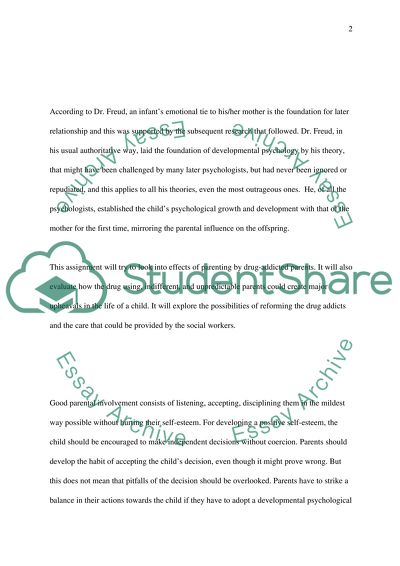Cite this document
(“Development Psychology Essay Example | Topics and Well Written Essays - 5000 words”, n.d.)
Retrieved from https://studentshare.org/psychology/1517984-development-psychology
Retrieved from https://studentshare.org/psychology/1517984-development-psychology
(Development Psychology Essay Example | Topics and Well Written Essays - 5000 Words)
https://studentshare.org/psychology/1517984-development-psychology.
https://studentshare.org/psychology/1517984-development-psychology.
“Development Psychology Essay Example | Topics and Well Written Essays - 5000 Words”, n.d. https://studentshare.org/psychology/1517984-development-psychology.


